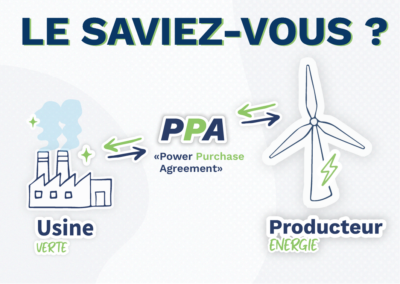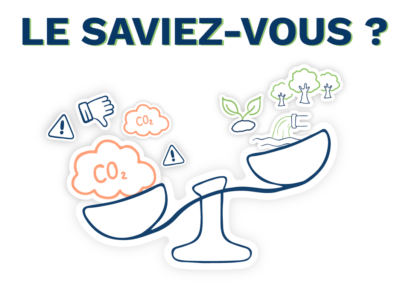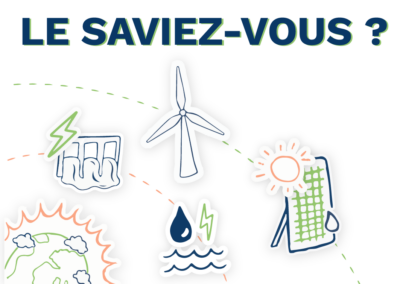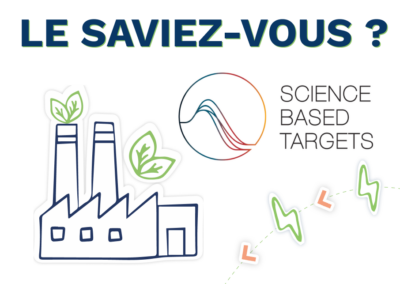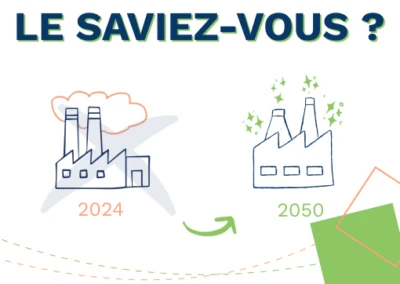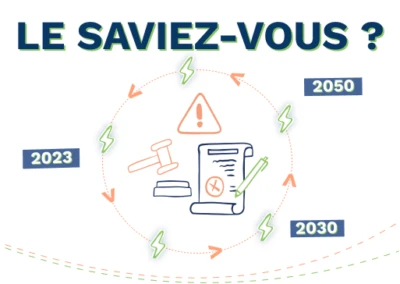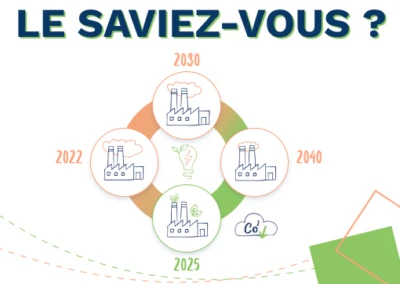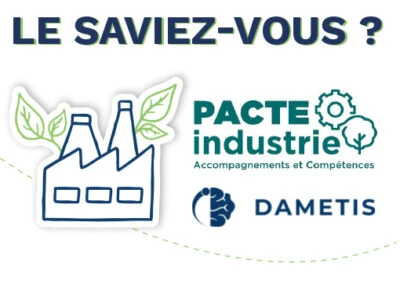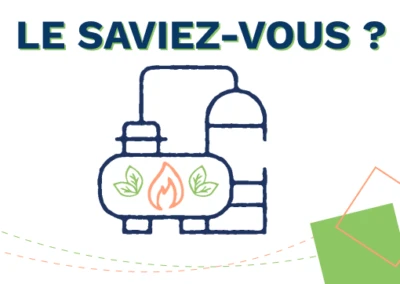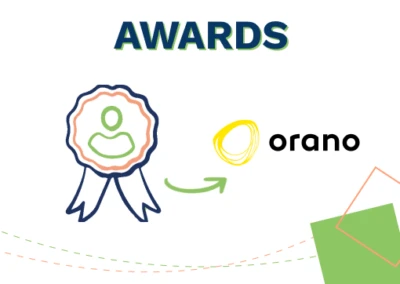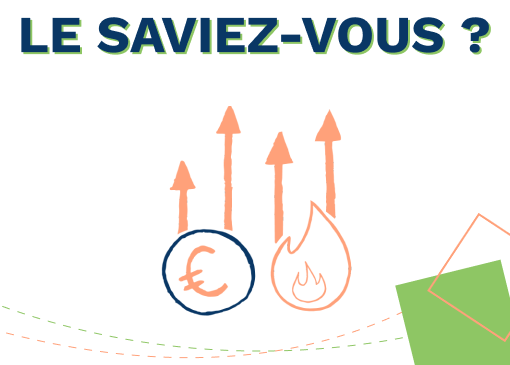
Why is the price of gas increasing?
We will explore the factors that influence gas prices, as well as ways to anticipate and mitigate the impact of these price hikes.
What defines gas prices?
The economic recovery, a factor affecting gas prices
Supply from Russia: Can we expect new gas price increases?
Russia’s Gas Production Underutilized in France
However, we can try to put things into perspective by noting that France only sources 11% of its gas consumption from Russia (in 2015), and that the main supplier to France is Norway, with 42%. However, this does not mean that the war will not have an impact on gas prices in France.
The impacts of War on gas prices
We could say that French companies and households, which do not rely much on Russia for their supplies, should not be too affected. However, this is not the case for all European countries. France’s neighboring countries that rely more on Russia for their supplies will have to turn to new sources, increasing demand from these producing countries, notably Norway. Therefore, if Russia stops exporting its gas, demand from other producers will increase, leading to a new rise in gas prices in France. This has already been the case for petrol prices.
It is also worth noting that Ukraine, although producing little gas, is one of the main supply routes for gas transiting through Europe from Russia. Given the conflict between these two countries, it is likely that new supply routes will need to be found. Congestion and supply difficulties in certain areas should be anticipated. The cost of the necessary logistical changes will also impact gas prices. Currently, gas transit through Ukrainian territory from Russia has not been interrupted and has even increased, due to Russia’s more competitive pricing compared to other European producers.
The frozen gas price in 2022, an impact on 2023
In order to prevent French businesses, in particular, from being impacted by the rise in gas prices, the government decided to freeze prices in October 2021. Throughout 2021, gas prices had been increasing every month prior to this announcement and have continued to rise since. This measure aims to wait for prices to decrease and includes a smoothing effect. This means that the savings made during the freeze will be offset by a higher price than the market price when this measure ends.
How can one protect themselves from this upcoming increase in gas prices?
How to anticipate the increase in gas prices?
There are different ways to anticipate the increase in gas prices in order to protect yourself, especially with the disappearance of regulated gas prices. The first thing is to find the supplier who offers the best price. This change should be made when gas prices are low and an increase is anticipated.
Negotiating an energy contract is always a tedious operation, and it is better to be accompanied by a professional like Dametis.
Dametis allows you to consolidate your energy bill and anticipate surprises as best as possible, with:
-
- Energy efficiency solutions (producing more with the same amount of energy or maintaining the same productivity with fewer resources)
- Accurate supervision of the amount of energy consumed to negotiate on a realistic consumption basis
- Alerts to avoid exceeding the maximum subscribed electrical power and thus reduce your bill!
- Alternative energy solutions: replacing fossil gas with renewable fuels
- Electrification of processes
This second solution will allow you to know exactly the amount of gas used in your company, so that your supplier can provide you with a package including only the gas you need. This way, you avoid paying for an excess quantity and save money without changing the gas price.
In order to anticipate gas prices, you can check factors that will influence demand or production. This could be an incident on a gas pipeline, or economic recovery in certain sectors of the globe. Conversely, you can observe the evolution of new alternative energy sources, which, if used on a large scale, will reduce gas demand.
To optimize your energy bill and not be negatively impacted by gas prices, contact Dametis.









